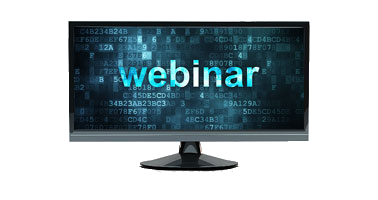Make Your ‘New and Improved’ 10 Times Better

We see the claims “New!” and “Improved!” everywhere from cereal boxes to shampoo bottles. When you use those newly enhanced products, do you notice a difference?
Just how much improvement is enough?
In his book “Zero to One: Notes on Startups, or How to Build the Future,” billionaire investor Peter Thiel writes, “A great technology company should have proprietary technology an order of magnitude better than its nearest substitute.”
In other words, Thiel says companies that want to succeed and thrive must strive for 10-times better technology, because slight incremental improvements mean no improvement at all for the end user. “Only when your product is 10-times better can you offer the customer transparent superiority,” he says.
The book cites the example of a wind turbine that’s 20% more efficient. That increased efficiency was proven in a lab, but it may not hold true in the field. So, is a potential 20% gain enough to warrant an end user making a monumental change to its system?
ROUSH CleanTech customers are able to reap even greater rewards:
- Propane autogas vehicle fuel tanks are 20 times more puncture-resistant than typical gasoline or diesel tanks.
- Propane is 270 times more compact as a liquid than as a gas, making it highly economical to store and transport.
- Historically, autogas costs much less than gasoline or diesel, averaging at least $1 less per gallon.
An added bonus to the use of propane autogas is the marked decrease in harmful carbon emissions, making our communities healthier places to live and work.
At ROUSH CleanTech, we offer our clients the exponential benefits provided by innovative alternative fuels. Savvy fleet owners take those benefits and work to squeeze out even bigger payoffs by training drivers and mechanics in the best practices for operating and maintaining alternative fueled vehicles.
So here’s your fuel for thought: How can you build on alternative fuel innovations to reap even more efficiency in your fleet?














